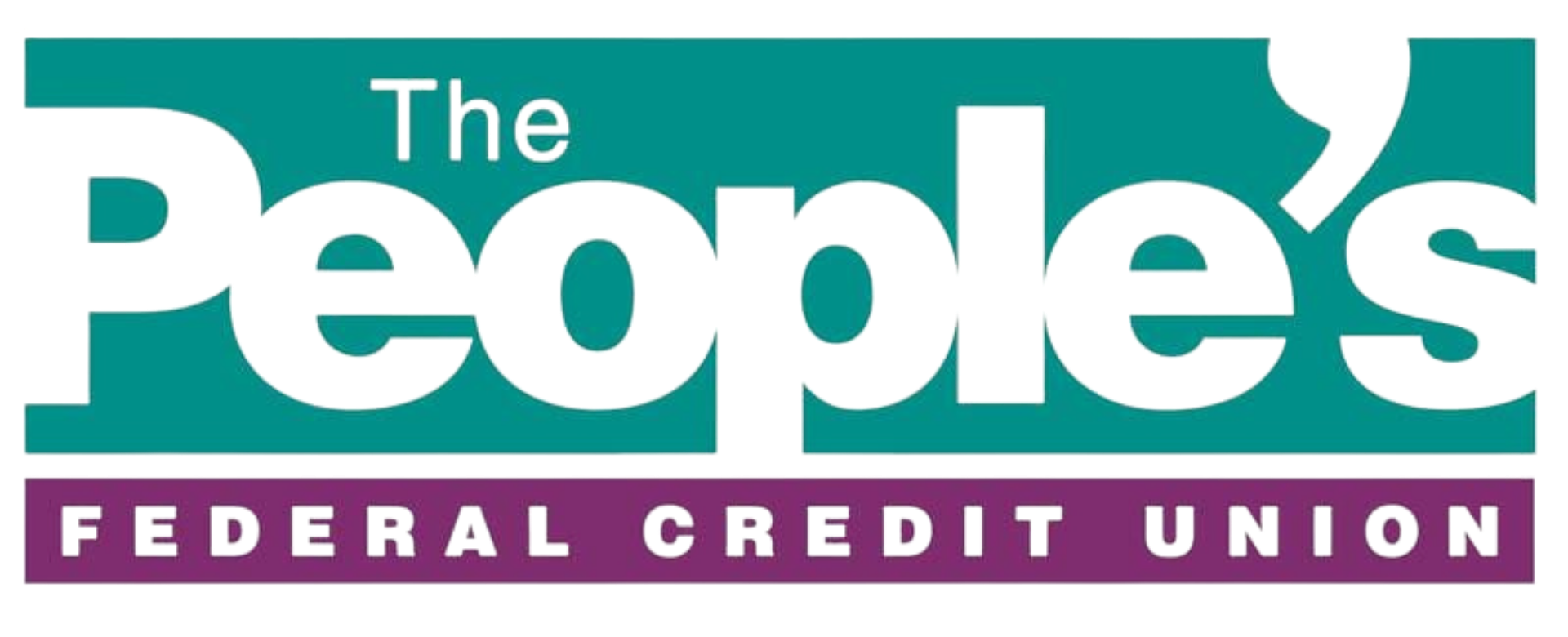Managing personal finance effectively involves understanding two crucial strategies: saving and investing. Both are vital for a secure financial future, and knowing how and when to use each is essential for financial success. In this guide, we’ll clarify the differences between saving and investing, providing insights to help you determine which approach, or a combination of both, best suits your financial goals.
Understanding Saving
Saving is the process of putting money aside for future use, not subjecting it to any risk in the meantime. It’s primarily about preservation and protection of funds, with a focus on accessibility and liquidity.
Benefits of Saving
Saving is fundamental to effective financial management, combining the safety and accessibility that are crucial for both peace of mind and practical purposes. When you save, your funds are typically housed in a secure environment, often in accounts with FDIC insurance, which shields them from the ups and downs of the stock market. This security and low risk mean that the money you put aside remains intact, ensuring your principal is protected.
Additionally, savings accounts offer the advantage of liquidity, meaning they allow you quick and easy access to your funds whenever you need them. This is especially important for addressing short-term financial needs or unexpected emergencies.
This combination of safety, low risk, and easy accessibility makes saving an indispensable part of personal financial planning.
Suitable Scenarios for Saving
Savings are particularly well-suited for specific financial situations. For instance, when planning for short-term financial goals such as saving for a vacation or a significant purchase like a car, a savings account provides a practical and accessible means to set aside funds.
Additionally, one of the most critical roles of saving is in establishing an emergency savings fund. It is generally advised to have a fund that covers three to six months of living expenses. This serves as a financial cushion against unforeseen circumstances like a sudden job loss, medical emergencies, or unexpected home repairs, providing not just financial security, but also peace of mind.
Tips for Effective Saving
To build a solid foundation for your financial future, here are some practical tips to make your saving efforts more effective and goal-oriented:
- Start with a Savings Goal
Define specific, achievable savings goals. Whether it’s a particular amount of money or a purpose (like a new car or a holiday), having a clear goal gives you direction and motivation. - Automate Your Savings
One of the most effective ways to ensure you save consistently is to automate the process. Set up a direct deposit from your paycheck or a regular transfer from your checking account to your savings account. This “set and forget” approach means you’re saving without having to think about it each month, making it easier to stick to your savings plan. - Adjust Your Goals as Needed
Life circumstances and financial goals can change, so it’s important to review your savings plan regularly. This could mean adjusting the amount you save each month, or even how you’re saving.
Understanding Investing
Investing involves committing money into financial schemes, shares, property, or a commercial venture with the expectation of achieving a profit. This is typically done with a longer-term perspective.
Benefits of Investing

Investing offers significant advantages, primarily through the potential for higher returns and wealth growth. Over time, investments can yield considerably higher returns than traditional savings accounts, primarily due to the power of compound interest and market growth. This aspect makes investing a powerful tool for wealth accumulation, especially over a long-term horizon.
Investing your money strategically in various financial instruments such as stocks, bonds, and mutual funds, individuals can significantly increase their financial assets, paving the way for a more secure financial future and the realization of long-term financial goals.
Suitable Scenarios for Investing
Investing is a powerful strategy for meeting long-term financial objectives, leveraging the benefits of compounded returns to make a meaningful impact.
One of the most common and significant goals for investing is retirement planning. Over the long haul, a diversified investment portfolio can experience substantial growth, providing a significant financial reservoir for retirement years.
Another pivotal area for investment is in building a college fund. As education costs continue to rise, investing can be an effective way to gather the necessary funds over an extended period, easing the financial strain when it’s time for college.
Both retirement planning and building a college fund exemplify the profound impact investing can have when aligned with long-term financial planning and goals.
Tips for Getting Started with Investing
Embarking on your investment journey can be both exciting and daunting. To help you navigate this path successfully, here are key tips designed to establish a solid foundation for your investment portfolio:
- Diversify Your Investments
Diversification is key to reducing risk in your investment portfolio. This means spreading your investments across different asset classes (like stocks, bonds, and real estate) and sectors. Diversification helps mitigate the impact of poor performance in any single investment.
- Understand Your Own Risk Tolerance
It’s essential to know how much risk you are comfortable taking. Your risk tolerance is influenced by factors like your investment time horizon, financial goals, and emotional capacity to handle market fluctuations. Understanding this will guide you in choosing the right investments that align with your comfort level.
- Start Small and Consider Incremental Investments over Time
If you’re new to investing, it’s wise to start small and gradually increase your investments over time. This approach, often referred to as dollar-cost averaging, involves investing a fixed amount regularly, regardless of market conditions. It can help reduce the impact of market volatility and can be an effective strategy for accumulating wealth steadily.
Comparing Saving and Investing
To help you better understand the differences between saving and investing, here’s a comparison table:
Aspect | Saving | Investing |
Purpose | Preserve and protect funds | Grow wealth over time |
Risk | Low | Can vary from low to high |
Returns | Typically lower (interest rates) | Potential for higher returns |
Liquidity | High (easy access to funds) | Varies (some investments may lack liquidity) |
Time Frame | Short-term | Long-term |
Suitability | Emergency funds, short-term goals | Retirement, long-term financial growth |
Factors to Consider Before Deciding
Before diving into either saving or investing, it’s crucial to assess a few key factors:
- Financial Situation and Goals: Evaluate your current financial health and future goals. This will guide you toward either saving, investing, or a mix of both.
- Risk Tolerance: Understand your comfort level with risk. If you are risk-averse, saving might be more suitable. If you can tolerate some risk and have a longer time horizon, investing could be more appropriate.
- Time Horizon: The length of time you plan to keep your money invested or saved. Short-term goals typically align with saving, while long-term goals often benefit from investing.
- Understanding these factors will help you make informed decisions about managing your money effectively.
Take Control of Your Financial Future Today
Ready to start your journey toward a more secure financial future? At The People’s Federal Credit Union, we offer a range of options tailored to your saving and investing needs.
Explore our savings accounts with no monthly fees, perfect for building your financial foundation without the worry of extra charges.
For those looking to invest, discover our attractive investment accounts, including Individual Retirement Accounts (IRAs) for long-term growth and Certificates of Deposit (CDs) offering safe and steady returns.
Whether you’re saving for a short-term goal or investing for the future, we have the right tools to help you succeed. Contact us today to learn more and take the first step toward realizing your financial aspirations.








